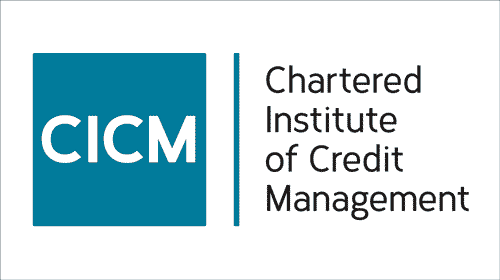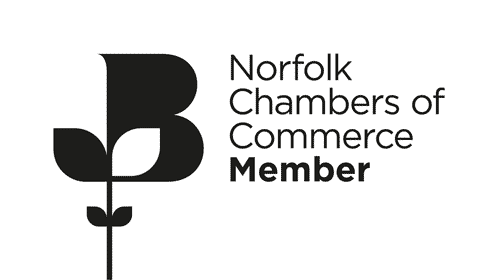How to Chase Outstanding Invoices
According to statistics, a staggering 30% of invoices issued in the UK are either paid late or not paid at all. What’s more, one in five company bankruptcies can be attributed to late payments.
So, what can you do to ensure that your business efforts are not hampered by bad debts?
Share your terms and conditions
As the old saying goes, prevention is better than cure, and there are a number of preventative measures you may wish to implement to reduce the risks of bad debts occurring.
One option is to request full payment or a percentage of the payment up front, before any work is undertaken. You could also share a copy of your terms and conditions with each of your customers and obtain confirmation that the document has been read and fully understood.
Another option is to draw up a contract that is signed by both parties. This can be used as formal evidence that the customer has agreed to your terms of business, including any payment terms, should a dispute arise in the future.
Check the invoice details
Unfortunately, bad debts can still occur, despite a company’s best efforts to prevent it.
If you are awaiting payment from a customer and the due date has been and gone, the first thing you should do is check the invoice details for any potential issues.
Has your digital accounting system or email provider flagged up a failed delivery attempt, indicating that the customer’s email address has not been accurately recorded? If the invoice has been sent in the post, is the postal address correct, with the house name or number clearly printed?
You should seek to verify the customer’s details before taking any further action.
Send a gentle reminder
Once you have checked the invoice details and are satisfied that all the information is correct, it is a good idea to send the customer a gentle reminder.
Often, a little nudge will result in payment being made. Be sure to inform the customer of the date the invoice became due and what methods of payment are accepted by your company.
You should keep the tone of the reminder communication friendly and polite and request that the customer gets in touch with you should they have any questions or concerns.
Make a follow-up phone call
If the invoice remains outstanding after the reminder email or letter has been sent, you may wish to make a follow-up phone call. By speaking directly with the customer, you can determine if there is a reason for the payment being late.
If the customer is having difficulty settling their balance in full, you may wish to explore further options with the customer, such as a payment plan, if this is something that you company offers.
Send a ‘Letter Before Action’ (LBA)
Sometimes, it may become necessary to take a more formal approach in order to successfully recover an overdue payment.
A letter before action (LBA) is a formal letter sent by a creditor (the company) to a debtor (the customer), informing them of an impending legal claim if payment is not made within a specified time frame.
Ask for help
Chasing outstanding invoices can make some business owners feel uncomfortable, especially if there is a desire to maintain a professional relationship with the customer.
At Jackson CRS, we are very experienced in this specific area of credit control. We are happy to act on your behalf, so that you can avoid any awkward discussions and can focus on growing your business, instead.
If you would like to know more about our credit control and debt recovery services call 01603 319034 or email: info@jacksonscrs.co.uk for a free no obligation chat about your needs and how we can help.



